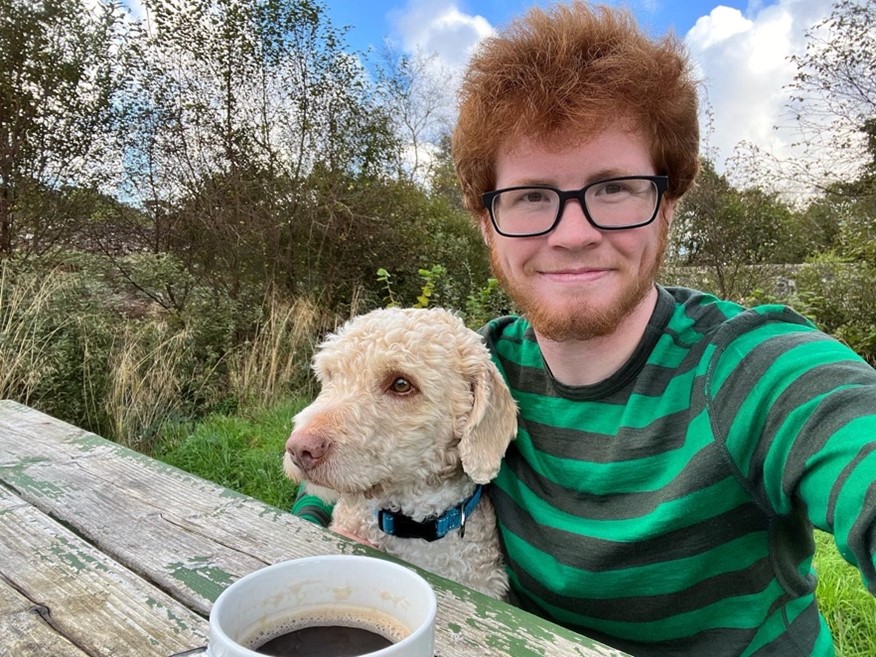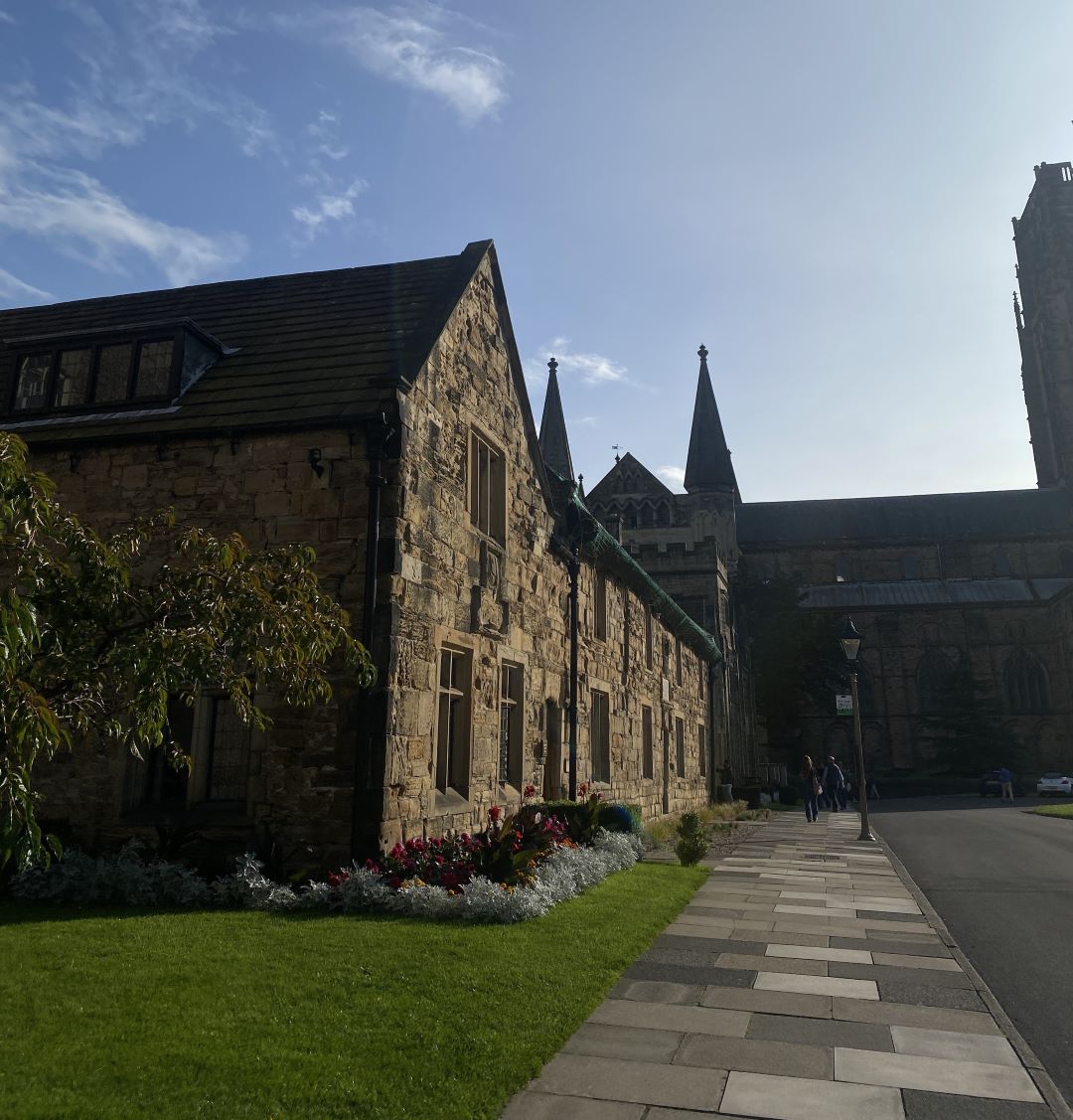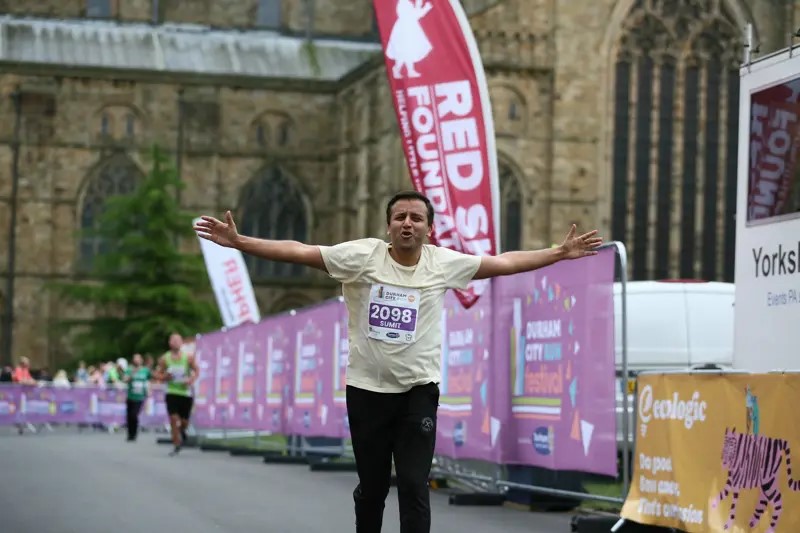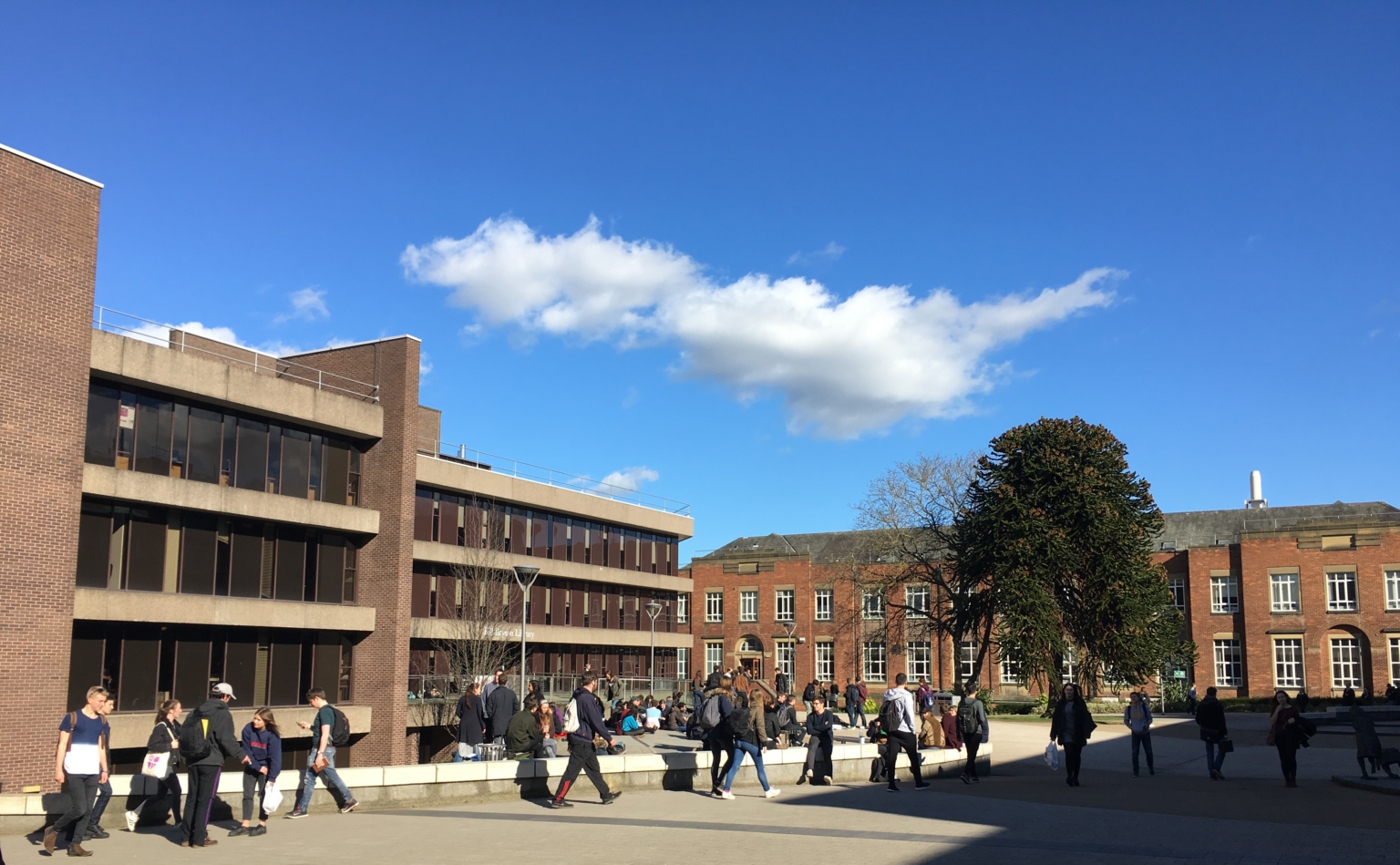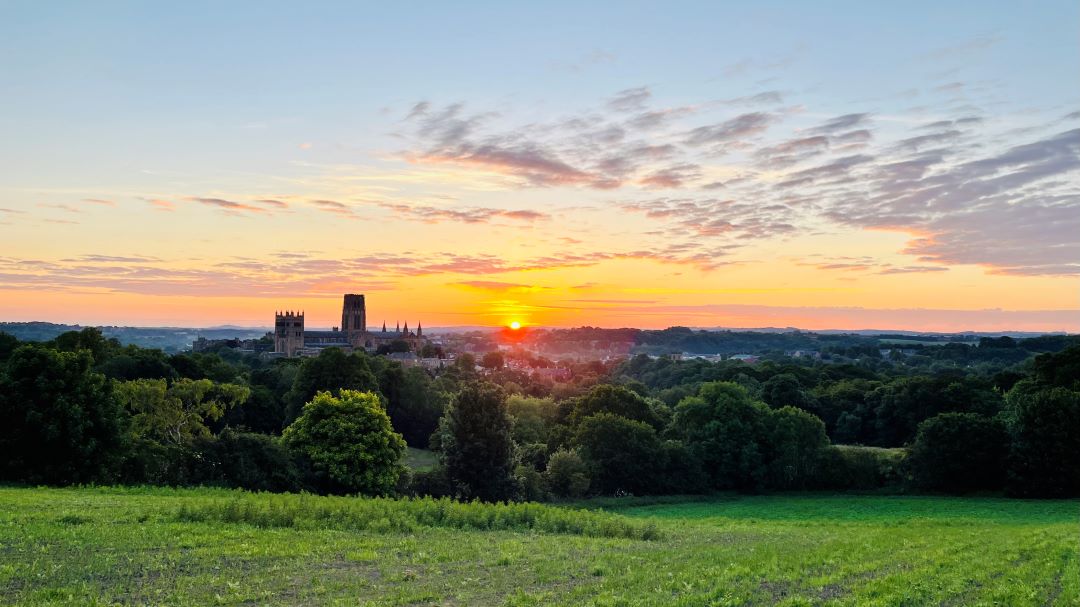As a first-year PhD student who had never previously attended an in-person conference, let alone presented at one, a sensible conclusion to draw might be that I would feel intimidated in the days leading up to RMA Durham. But in reality, nothing could be further from the truth. I was excited! This was, as I saw it, an opportunity to catch up with friends old and new; to meet those renowned names that I had spent my previous years of study reading about; and, of course, more importantly than anything, this was to be three days dedicated solely to discussing ideas about music.
A small part of the larger team
As a student at the host institution (Durham University), I had been willingly roped into assisting with the proceedings. In addition to my paper, which I should mention was complete with a couple of days to spare before things got going, I was required to help the chairs with anything they needed. This responsibility, I frequently joked, meant that if (when) something went wrong, it would be my job to make it work again. This was certainly a good icebreaker topic, even if there was little truth in my facetious apportioning of blame. I thoroughly enjoyed assisting because, in a setting where (had things been different) I might have felt a little out of place, I was able to feel thoroughly useful and valued – not to mention that ‘Hi, I’m your assistant for this session’ was a pretty good way to be able to introduce myself to those chairing! Being a small part of the larger team of assistants brought an exciting air of camaraderie which added to my dizzying buzz of enthusiasm and also provided me with a happy excuse to ignore any first-conference nerves that might otherwise have presented themselves.
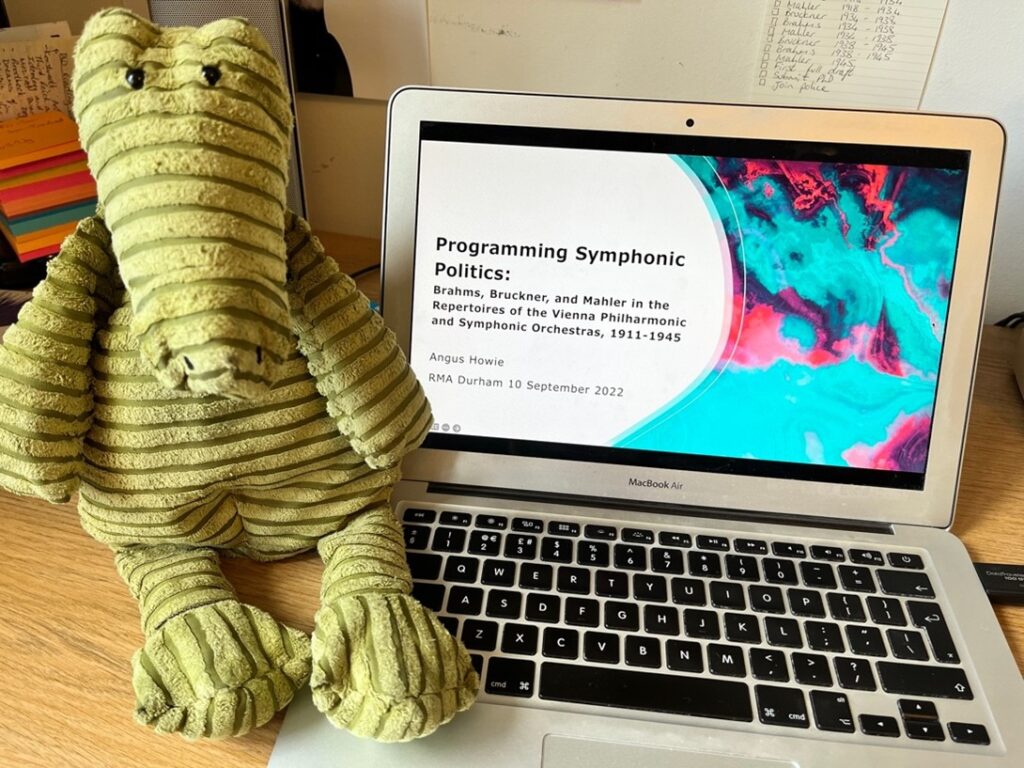
Presenting
In many ways, I was fortunate enough to be presenting on the final day; thus enabling me time to observe earlier presentations and feel my way into the swing of things. The third day slot, however, did come with some of the usual problems: final day slump, attended having to leave early for trains home etc. But to me, none of those things mattered too much. A number of people attended my session (even if both my supervisors had been called away to other sessions for chairing duties) and I was greeted with wonderfully rich and interesting questions and discussions throughout the rest of the day – which naturally continued into the pub after closing remarks.
Our musical community
I have consistently been of the opinion that one of the best things about academia is the people in it. Over the three days of RMA, I was proved right. The warmth and encouragement that I received from more senior scholars, combined with the conspiratorial excitement that I received from fellow students, generated the strongest sense of belonging to a musical community that I have felt yet – our musical community.
Personal progress
Over those three days, I learned a lot about myself and achieved a few milestones. I attended my first conference, gave my first paper, and attempted to grapple with my first projector display. I worked with a friend to develop an idea for a study group of young scholars working on the nineteenth century – which expanded from a ‘half-baked idea’ to a national, and then international, study day. I met new people, encountered new ideas, and realised that conferences are really the only way for us to gauge what is happening in the field right now. But most importantly, I re-discovered the pure and simple enjoyment to be found in the musical world and community to which we belong.
Discover more
Ranked top of The Sunday Times Good University Guide for three of the past four years, the Music Department has been central to the Durham University’s three-year project to become the largest All-Steinway school in the UK.
Research-led teaching supports our students to achieve their full potential as thinking, creative musicians, and scholars. What’s more, Durham enjoys a rich musical life beyond the Department with numerous choirs, orchestras, opera, jazz, and early-music ensembles, in addition to our own annual concert series attracting soloists from around the World.
Feeling inspired? Visit our Music webpages for more information on our undergraduate and postgraduate programmes.


